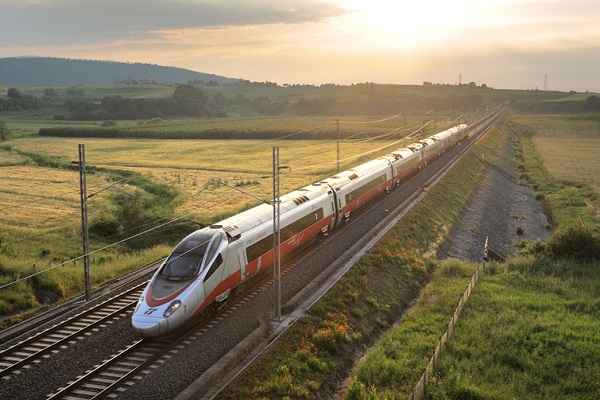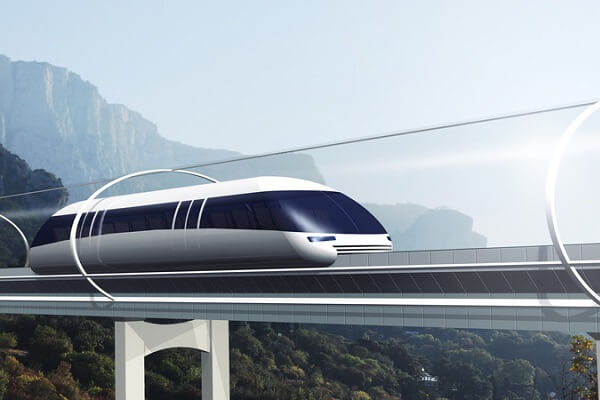 700,000 Lives Saved: iRAP Road Safety Projects make strides in Global Safety efforts
700,000 Lives Saved: iRAP Road Safety Projects make strides in Global Safety efforts Alstom Reported €309 Million Loss in Fiscal Year 2023-24
Alstom Reported €309 Million Loss in Fiscal Year 2023-24 9 Innovative Technologies Enhancing Public Transport Efficiency
9 Innovative Technologies Enhancing Public Transport Efficiency Siemens awarded contract to supply High Speed Train sets for Brightline West
Siemens awarded contract to supply High Speed Train sets for Brightline West Rome becomes first European city to offer Open Loop Transit payment for global cardholders
Rome becomes first European city to offer Open Loop Transit payment for global cardholders Korail unveils Next-Generation KTX-Cheongryong High-Speed Train
Korail unveils Next-Generation KTX-Cheongryong High-Speed Train Turkey launches new 700 km High-Speed Rail Link connecting Istanbul and Sivas
Turkey launches new 700 km High-Speed Rail Link connecting Istanbul and Sivas Japan agrees to resume stalled Colombo Light Rail Transit project of Sri Lanka
Japan agrees to resume stalled Colombo Light Rail Transit project of Sri Lanka Understanding the Critical Role of Systems Approach in Urban Railway Projects
Understanding the Critical Role of Systems Approach in Urban Railway Projects Exclusive Interview with Ms. Serda Urganciyan, Partner-CEO at Studio 88 Architecture
Exclusive Interview with Ms. Serda Urganciyan, Partner-CEO at Studio 88 Architecture
India unlikely to adopt Hyperloop Transportation Technology in the near future

New Delhi, India (Urban Transport News): The prospects of India embracing hyperloop technology for high-speed train systems seem dim in the foreseeable future, with NITI Aayog Member V K Saraswat expressing skepticism due to the nascent stage of the technology and its questionable economic viability. In an exclusive conversation with PTI on November 5, Saraswat conveyed that foreign propositions for introducing hyperloop technology into India were not seen as practical due to the technology's immaturity.
Hyperloop, conceptualized by Elon Musk, the visionary behind Tesla and SpaceX, is envisioned as a high-speed train operating within a vacuum-sealed tube. Despite its potential, Saraswat emphasized the current emphasis on the study of the technology rather than its immediate implementation within the country's transportation infrastructure. "So we have not given much importance to that and as on today, it is only a study program. I don't expect hyperloop to enter into our transportation framework in the near future," he clarified.
The Virgin Hyperloop, a frontrunner in the race to materialize the concept, conducted a test run on a 500-meter track in Las Vegas, USA, on November 9, 2020. During the trial, a hyperloop pod, designed for passenger travel, achieved speeds exceeding 161 km/hr, with passengers, including an Indian national, onboard.
Saraswat emphasized the lack of mature investment options in the hyperloop technology sector, underlining the infeasibility of committing resources to such an underdeveloped domain. Notably, the Virgin Hyperloop-DP World Consortium received authorization from Maharashtra to spearhead the Mumbai-Pune hyperloop initiative, indicating regional interest in the prospects of hyperloop-based transportation.
In summary, despite global interest and limited local exploration, India appears reluctant to integrate hyperloop technology into its existing transportation fabric, considering its current low level of technological maturity and questionable economic viability.





